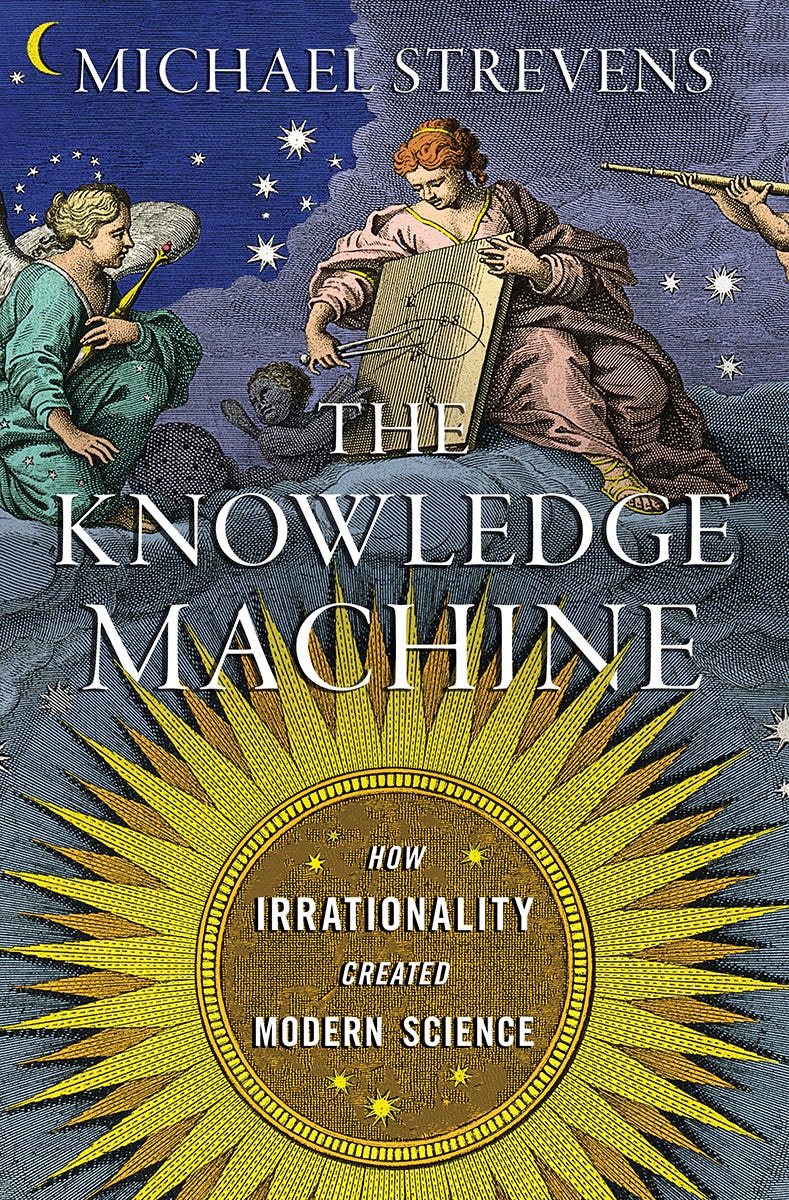Personal Science Week - 29 Dec 2022
Podcasts and books about science
Personal Science is the practice of using the techniques of science for personal, rather than professional reasons. In this weekly summary, published each Thursday, we discuss a few ideas we think are useful to anyone who would like to be a Personal Scientist. This week we share some high quality podcasts and one good book about how to practice science.
The word “science” is overused in normal conversation by people who really mean three different things:
Technology. This is the “cool stuff” built by smart people, often based on important discoveries, but should more accurately be described as “engineering”.
Nature. The world is full of wonder, with many counter-intuitive and interesting phenomenon that inspire awe.
Philosophy. A process, a way of thinking about how to better understand the world around us. It’s a verb, not a noun.
It’s this third sense that Personal Science emphasizes, and the subject of this week’s links.
Best Personal Science Podcasts
There are many podcasts about science in the sense of technology or nature, but fewer in-depth discussions of the actual process of science. Here are three episodes that I found especially interesting for Personal Scientists:
Peter Attia interviews obesity researcher David Allison: The science of obesity & how to improve nutritional epidemiology: many great quotes about the science of personal health and nutrition.
Lex Fridman interviews psychologist Jordan Peterson: Life, Death, Power, Fame, and Meaning, a philosophical discussion of science and objectivity. (Especially check out minutes 15-30).
Peter Adamson’s History of Philosophy Without Any Gaps interviews historian Lorraine Daston on Renaissance Science, with a short but fascinating discussion of how the word “curiosity” changed from a bad thing (“killed the cat”) to something that we now respect as an indespensible tool to understand the world.
The Knowledge Machine
Michael Strevens is a New York University philosopher of science whose 2020 book The Knowledge Machine makes several claims about the history of modern science that will be interesting to any Personal Scientist.
In contrast with other influential philosophers of science like Thomas Kuhn (science is about proving things right until progress is impossible) or Karl Popper (the point of science is to prove things false) the author argues that modern science is simply about rigorous data collection. Empirical data is the only currency that counts – what he calls “the iron rule”.
Strevens says modern science arose because people put aside their opinions and grand theories about how things work to focus instead on empirical data. Successful science is nothing more than data + methods of the data collection + logic that ties it together.
The whole book is highly recommended, but you can also read good summaries in Aeon and The New Yorker.
Relevant Links of Interest
Three Speeches by Michael Crighton: the author of Jurassic Park and many other science fiction thrillers thought deeply about scientific hubris, and this is a collection of excellent speeches where he discusses how not to be fooled by science. Written in 2003, each one is remarkably prescient about why the term “consensus science” is so dangerous.
Adam Mastroianni’s Substack Experimental History is on a roll with good thoughts about the peer review system: “The rise and fall of peer review” which argues for why the system is broken, and a follow-up where he summarizes the counter-arguments and his response.
About Personal Science
Personal Scientists are skeptical about everything. It's in our motto: Nullius in verba, the 1660 motto of the Royal Society: “take nobody’s word for it.”

